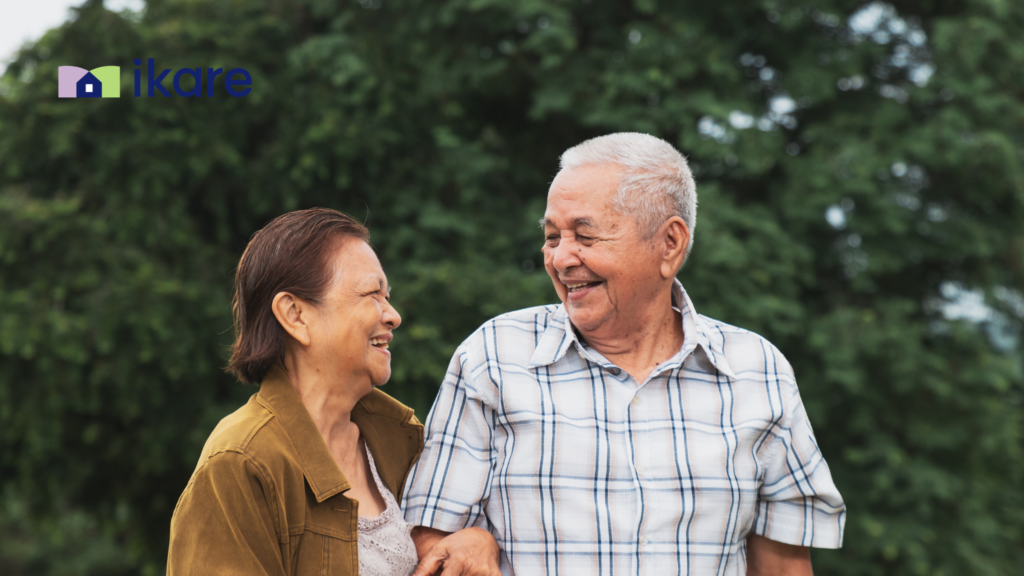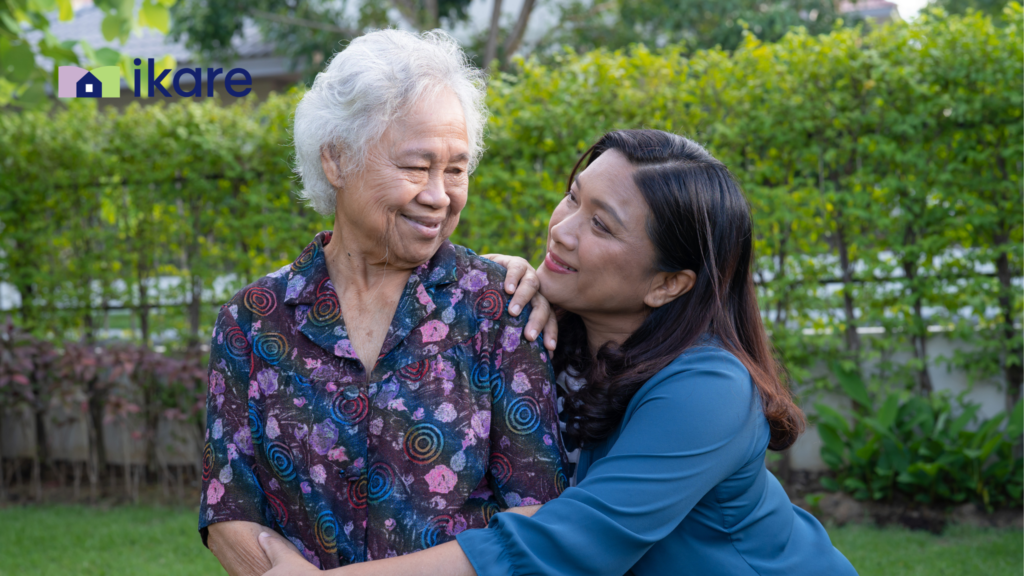
As a person ages, he or she might encounter different types of stressors such as health problems, financial problems, bereavement, or loss of autonomy. Even though stress is common to all human beings at some point in their lives, chronic stress can affect the mental and physical health. By integrating stress management into senior’s life, they are likely to be more emotionally stable.
Knowing Stress in Elderly
Stress is managed differently by many different people, but seniors handles stress in a different way. Physical changes of the body, physical movement or mobility, and being alone or socially isolated can all lead to stress, and some of the symptoms include:
- Fatigue and insomnia
- Irritability, mood swings or constantly being nervous
- Increased appetite or appetite suppression
- Trouble concentrating mentally or being forgetful
- Muscle tightness or migraine headaches
Chronic stress, if not treated, will also result in serious medical complications such as hypertension, compromised immune system, and mental retardation. On the contrary, there are some very good indicators of stress management and the induction of a sense of peace and resistance among elderly individuals.
Good Stress Management Techniques for Elderly Individuals
1. Physical Exercise
Physical activities is also one of the best mood boosters and stress reducers. Physical activity not only releases the body’s natural stress-relievers called endorphins, but also helps to develop overall physical well-being. Seniors can incorporate activities into their life by doing the following:
- Walking around the neighbourhood or in the park
- Light stretching or yoga to develop flexibility
- Water aerobics to give low-impact, easy-on-joints exercise
- Tai chi or balance training to relax
Even normal activities, such as dancing, listening to music or gardening are less tense and more relaxing for seniors.
2. Relaxation and Breathing Exercises
Breathing and relaxation exercises helps to soothe the nervous system and quieten anxiety. Some of the ways in which this is achieved positively are:
Deep breathing exercises – Slow inhalation through the nose, holding for a moment, and slowly breathing out can help to calm the body.
Meditation or mindfulness – Practicing mindfulness helps seniors focus on the present moment, letting go of worries about the past or future.
These exercises can be done anywhere and takes only minutes a day, but they reap dividends in the long run with mental health benefits.
3. Staying Socially Active
Social isolation and loneliness are risk factors for depression, anxiety, and stress. Emotional support can be obtained from feeling connected to others and having fulfilling relationships. Social engagement can be maintained by older adults through:
- Regular calling and video calling with friends and family every day
- Participation in senior centers, community organizations, or activity clubs
- Participation in webinars or web forums
- Volunteering or mentoring to help others and stay engaged
- Regular social contact not only reduces stress, but also enhances mental process and emotional resilience.

4. Hobbies and Creative Activities
Hobbies are an excellent way through which elderly people can relax and enjoy themselves while keeping their minds engaged. Creative activities can be an effective stress buster and can provide a sense of accomplishment. Some enjoyable activities to pursue are:
- Painting, drawing, or crafting
- Playing music or singing
- Gardening or houseplant care
- Activities like puzzles, crosswords, or reading books
Enjoyment of hobbies brings the older person more optimistic and less stiff and tense.
5. Healthy Habit Maintenance
Consistency brings stability and predictability that may lower the stress levels. The aging individual needs to prioritize:
- Having a sleeping routine
- Consuming nutritious food rich in nutrients to feed the brain and heart
- Drinking sufficient water to avoid weakness and dizziness
- Making time for rest and self-care activities

Facilitating Seniors to Cope with Stress
Caregivers and family members may also assist the elderly in handling stress. Ensuring open channels of communication, emotional support, and companionship through sharing moments together. Home care professionals also extends companionship, daily care, and personalized wellness programs to enable a stress-free life.
Picking Up a Stress-Free, Full Life
Even though there are some drawbacks to growing older, seniors can take part in activities to reduce stress and be relaxed. By incorporating exercise, relaxation techniques, social support, leisure activities, and healthy habits into their lives, they can reduce stress and be happier overall.

